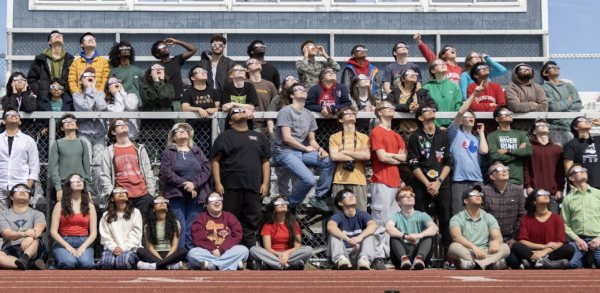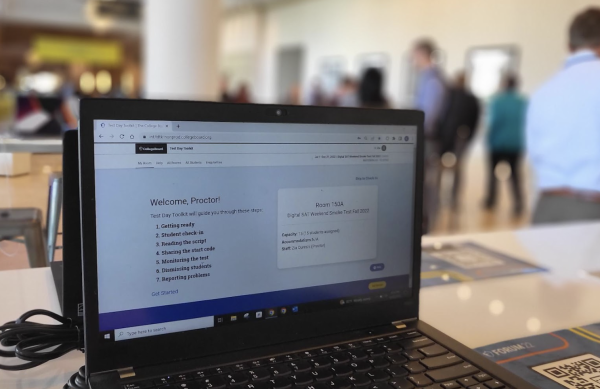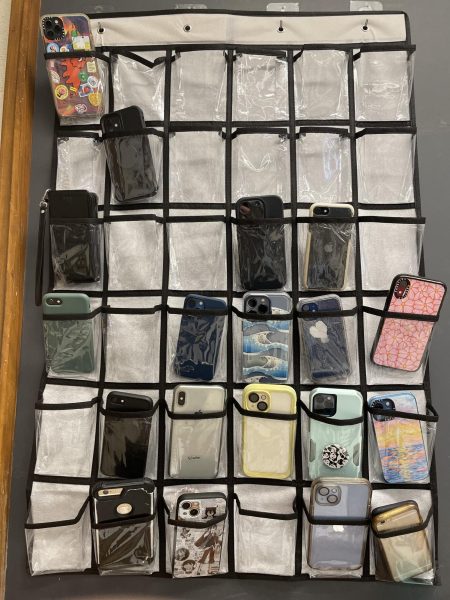Will the Extracurricular Vaccination Policy Keep Students Safe?
December 3, 2021
This year, with the return of in-person learning, schools and states have ramped up safety measures in response to the COVID-19 pandemic. Amidst nationwide calls for vaccine mandates, many local governments have begun to take action. On Oct 15, the School Committee enacted an extracurricular vaccination policy across the Lexington Public Schools.
In short, the policy requires students in rostered activities to either provide proof of a first dose of the COVID-19 vaccine or participate in the weekly pooled testing program.
Although the extracurricular vaccination policy is a step towards a vaccine mandate, the LPS administration should take a more decisive stance and implement a stricter policy that requires students to be vaccinated to attend school.
“I think the only concern we would have is a pushback from the parents of those students who are unvaccinated right now,” Sara Mei, a senior and student representative for the School Committee, said.
While Mei acknowledges that the policy may not have affected the larger student body, she said she believes that it has effectively incentivized unvaccinated students.
The administration has also created a website to display data tracking the vaccination rate and the number of cases at LPS.
“I think it’s up to the parents of the children who aren’t vaccinated to kind of look at the data and decide for themselves whether the vaccine is helpful or not,” Mei said.
Efforts to destigmatize the vaccination process eventually may help ease the community into a vaccine mandate, however the process appears to be slow and ineffective.
There are approximately 170 clubs and activities at Lexington High School. Differentiating them into rostered and unrostered activities may be difficult.
“It’s a moving target,” Principal Andrew Stephens said. “[Rosters] are going to consistently change as clubs meet and they figure out who’s coming and who’s not coming.”
Stephens also said that this entire process will need to be repeated for winter sports and activities, posing potential challenges in the policy’s enforcement.
Communication around the policy, specifically at LHS, appears scarce and has resulted in a lack of action from the student population.
Ashley Zhang, a junior at LHS, believes that the policy is useful, however, she cites the lack of student awareness regarding the policy.
“Some people just know that they’re vaccinated and then other than that, they don’t go out of their way to think about the vaccination policy ever again, or testing at all,” Zhang said.
These relaxed attitudes from students could undermine the efficacy of the vaccination policy and inhibit an increase in vaccination rates. Without proper communication to students, the policy may be overlooked.
Both Stephens and Mei highlighted that vaccination and testing rates in LPS are already high. According to data from the LPS COVID-19 Dashboard, as of Oct. 25, 2021, 89.1% of all eligible LPS students are fully vaccinated.
These statistics raise the question: are students rendered safer by the gradual implementation of COVID-19 mandates, or a full sweeping mandate that encompasses the entire system?
Perhaps the biggest misstep of the policy is that it lets students off the hook if they choose not to get vaccinated and drop their extracurricular activity. While the policy should encourage students to get vaccinated, families could still choose not to do so. In that case, there would be no changes to the vaccination rates. The policy also disregards unrostered clubs and activities, where attendance is not mandatory, but contact and exposure to others may be comparable to those in rostered clubs. This raises concerns for the spread of COVID-19 in unrostered clubs, and emphasizes the only way to ensure accountability and safety for all students is through a stricter vaccine mandate.
Even prior to the pandemic, vaccines for chickenpox and measles have been mandatory for students. Why should the COVID-19 shot be considered differently? A full mandate must be implemented to protect students and vulnerable populations in our community. Additionally, a vaccination requirement to attend schools will effectively incentivize vaccinations.
The administration is making progress by attempting to dismantle misinformation around the vaccine and gradually introducing the idea of a vaccine mandate into the conversation. However, given the circumstances, the administration should work more efficiently to implement such a directive.




